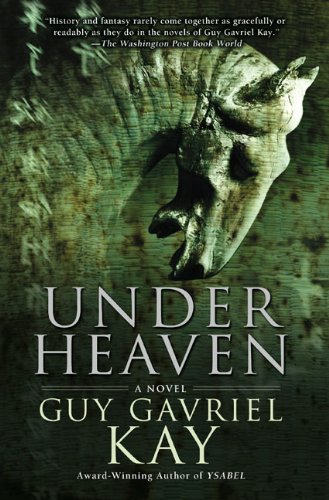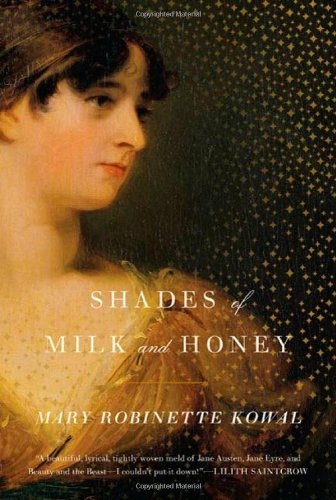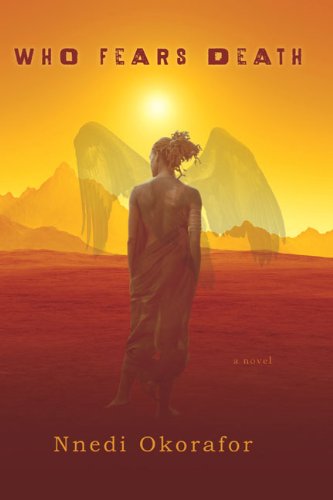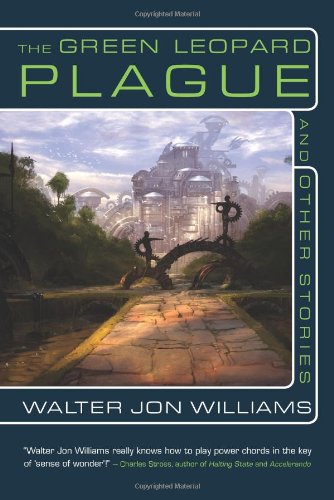
If Herman Melville tried to sell Moby Dick today, he would be disappointed. Fashions change, and how we tell a story is as much part of fashion as any other cultural construct. For example, the time-honored "once upon a time," which everyone knows will introduce a story of kings and beautiful princesses and talking frogs, is a fashion.
We don’t use it anymore, except when re-telling the old stories. New stories, even when they involve kings and talking animals, generally do not start that way.
In other countries fashions are different. That’s no surprise. What may surprise some people is that even such a thing as how to tell a story has different fashions in other countries, and other times. There’s a certain rhythm to a story, plot points everyone understands must be included, short cuts for characterization, all kinds of established tradition and accepted fashion that make story telling possible in a cultural context. Without this context, a story teller must work much harder to reach a given audience.
I enjoy reading stories from other countries. Most of the time things proceed along familiar paths. Then I notice the tiny departures from familiar fashion, the minor infractions of the rules I know. Most of the time they are enjoyable, like a new flavor in ice cream, or a mysterious spice in a sauce.
But some fashions are torturous. Some fashions crippled feet, maimed bodies; some fashions killed. There are also bad story telling fashions, of which Moby Dick is an example.
Guy Gavriel Kay’s Under Heaven takes place in historical China. Names have been changed, and in Kay’s story ghosts really do cry under the sky of abandoned battle fields, and shamans have real magical powers, but otherwise it is a recognizable version of China. The story begins on a battle field, where Shen Tai is gathering the bones of the dead to bury them and lay their ghosts to rest. I really liked Shen Tai. Kay describes him as a man who is always searching for his center, seeking a life that has meaning. This has lead to his act of piety during the time he is mourning the death of his father, general Shen Gao, whose last battle took place where Tai is now gathering the bones.
Tai gains the attentions of various powerful people. There is the princess in the West, who makes him an extravagant gift. There are other people who want him dead. Tai must balance his fight for survival with other things that are important to him: people whom he cares about, people whom he owes loyalty, and, of course, the emperor, the Son of Heaven. I worried about Tai, about his love Spring Rain, about his sister Li-Mei. I had a nice hate going for the foolish first minister, and I was terrified what Roshan might end up doing, especially since the Banished Immortal foreshadowed what would happen. It was great! It’s a ripping yarn, full of beautiful and wily women, powerful men, and dangers at every turn.
I was truly enjoying the story. I told Elysa she should definitely read it.
And then I got to about two-thirds into the story, and Kay lost me.
Up until that point, Kay tells the story well. It is interesting, exciting, difficult to put down.
But suddenly Kay lapsed into a passive voice. He started blathering about historians, and the problem of truth. Where is that coming from? Kay, it seems, is writing this story with a Point. Yes, it must be capitalized. For the rest of the book Kay is drumming home his Point, not even a new and interesting one, and almost completely abandons the tone he has set in the first two-thirds.
I think I know the reason. Reading Kay’s acknowledgements at the end, he writes of studying Tang China, of reading the works of the poets of the day (which even included a Banished Immortal). I have read stories from old China, myself. I think I recognize the mode. I think Kay is imitating a Tang period story telling fashion, in all its torturous form.
The result is disappointing. Why Kay’s editor didn’t make him re-write the last part of his book I don’t know. Kay writes that he’s worked on this story for a long time. I wonder if his story telling instincts were at war with his desire to tell a story in the fashion of the ancient Chinese poets.
I give Under Heaven passing marks. For me, the start of the book is worth reading it. If the entire book had held up to the beginning, it would have been one of my choices for this year’s Hugos.
Labels: Guy Gavriel Kay, historical fantasy, tang china




